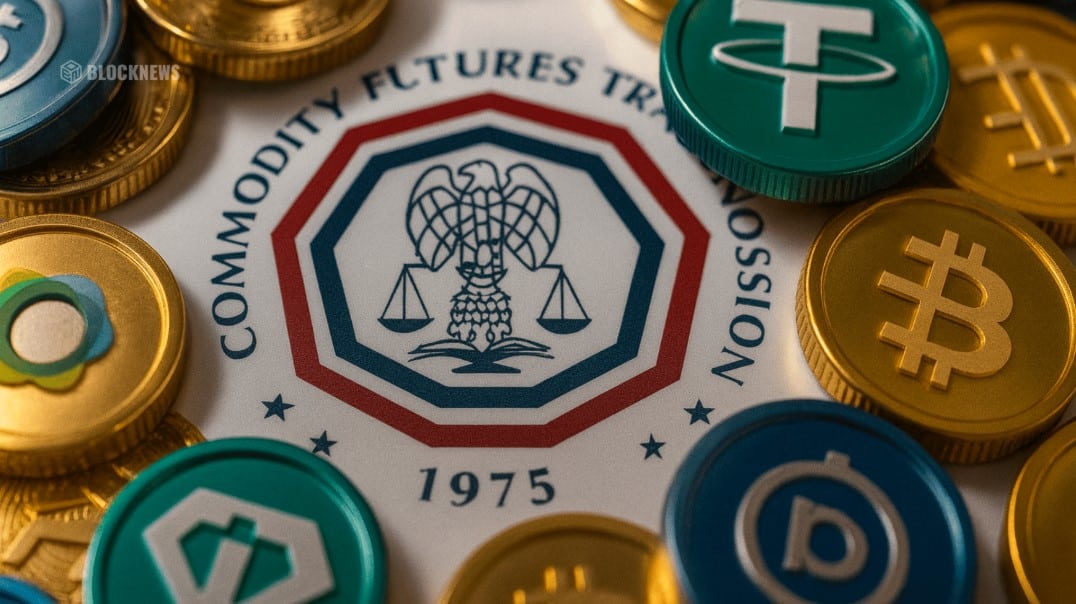The U.S. Commodity Futures Trading Commission (CFTC) is exploring whether tokenized assets, including stablecoins, can be used as collateral in regulated derivatives markets. Acting Chair Caroline Pham said on Tuesday that the agency will “work closely with stakeholders” and is accepting feedback on the plan until October 20.
Pham emphasized that tokenized markets are no longer a future concept but a present reality. “Collateral management is the killer app for stablecoins in markets,” she said, according to the CFTC press release, highlighting their growing role in global finance.
Stablecoins may join cash and treasuries as collateral
If approved, stablecoins like USDC and Tether’s USDT could be treated similarly to cash and U.S. Treasuries in derivatives trading. This development follows the passage of the GENIUS Act earlier this year, which the U.S. President Donald Trump signed into law in July.
The law set clear guidelines for payment stablecoins, but is still awaiting final regulations before implementation. Crypto industry leaders welcomed the CFTC’s move. Circle president Heath Tarbert called it a step toward lowering costs, reducing risk, and unlocking liquidity.
Coinbase’s Chief Legal Officer, Paul Grewal, added that tokenized collateral could help U.S. derivatives markets stay ahead of global competition. Ripple’s Jack McDonald noted that stablecoin adoption in regulated markets would boost efficiency and trust.
Building on tokenized asset initiatives
The CFTC’s push builds on earlier efforts, including its Crypto CEO Forum and recommendations from its Global Markets Advisory Committee on non-cash collateral.
Meanwhile, the Securities and Exchange Commission (SEC) is also working on modernizing securities rules through initiatives like Project Crypto, which aims to move U.S. markets onchain.
The CFTC’s consideration of stablecoins as collateral shows how U.S. regulators are adapting to digital assets. While the plan is still under review, it signals growing recognition of stablecoins in mainstream financial markets.
Also Read: SEC And CFTC Launch Joint Push for Crypto Regulation Clarity













